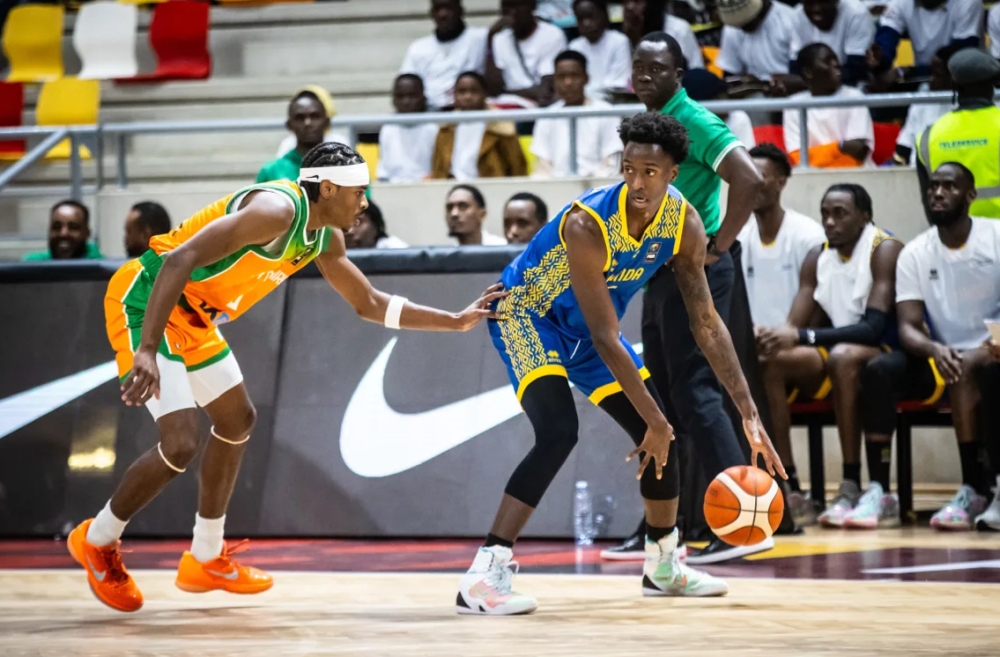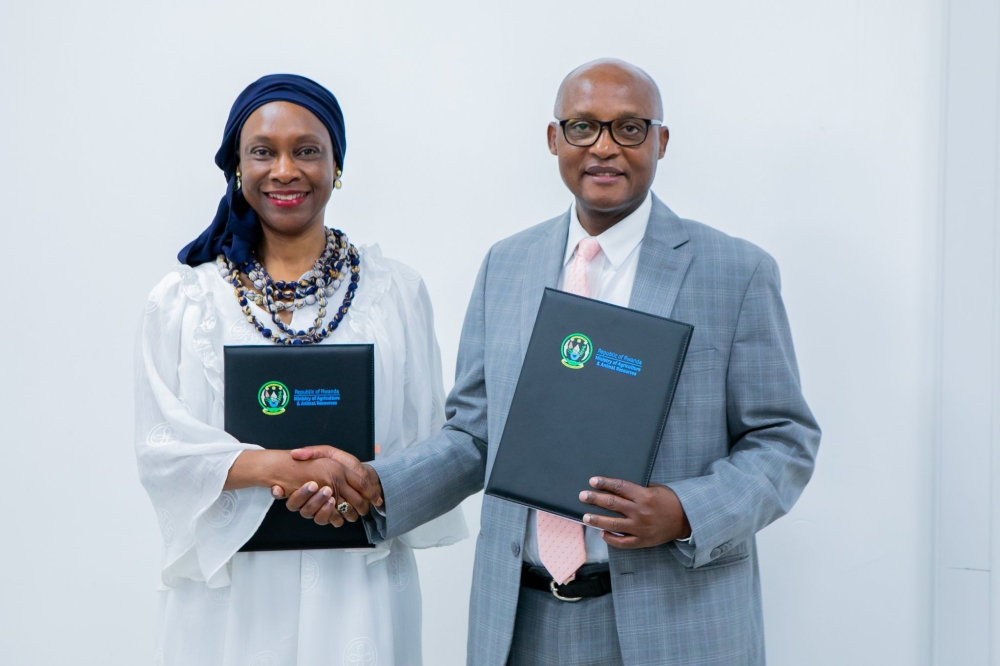Jackie Mazimyaka is one of more than 60,000 children living with special needs in Rwanda. She was born with a sensory disability and is unable to hear or speak and uses sign language to communicate with her friends and family.

Jackie Mazimyaka is one of more than 60,000 children living with special needs in Rwanda. She was born with a sensory disability and is unable to hear or speak and uses sign language to communicate with her friends and family. She lives in Kanombe where, with the aid of a friend of hers she attends school in the neighbourhood. She is just three years old but already she is shy and does cower at the sight of strangers.Her friend, whose name will remain anonymous, is 10 and it is apparent that she is her only friend and protector at the school. "Children are slightly afraid of her. Do not get me wrong, they love her, but because of the speech problem, she is all alone.”These situations are not isolated to children only. In March last year, the president of the National Council of Persons with Disabilities (NCPD) issued a missive that urged employers to stop turning away jobseekers because they have disabilities. There have been cases where people are denied employment even when their condition does not affect their work output. It is unfortunate that such discriminatory tendencies are still common in a country which has actively promoted the rights of people with disabilities, and created conducive legal and institutional frameworks that allow people living with disabilities to realise their full potential like any other citizen.Greenhills Academy has a programme where people with special needs are full members of the classes although they have special remedial classes. The head of the special needs department Maddy Manden says that the biggest mistake people make is to call them disabled people."They are people first; they have feelings and emotions too. So when you call a person with special needs, for example, if you call a child with autism autistic, then you are unconsciously laying the blame of her condition on her door. You are saying she chose to be the way she is. That is very wrong.” She assertsShe went on to say, that people with special needs have a different way of expressing their agitation at how people treat them.Mazimyaka’s friend says that if she is angry or sad at the way she is skipped over in class, she screams. And that is why her classmates are slightly terrified of her."Her screaming fits can last for hours.” Constance Kamaliza, her teacher says. "I do not know how to take care of her at that time. I just ignore her.”Manden says that this is wrong. "They are special, not retarded. They need time and persistence not ignorance. If you skip them or ignore them, they construct a shell that turns them bitter. I know because I have been working with people with special needs all of my life. My sister has special needs. Special people have special needs. That’s all.”






